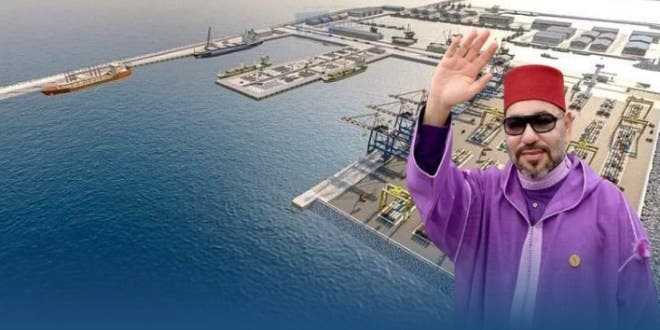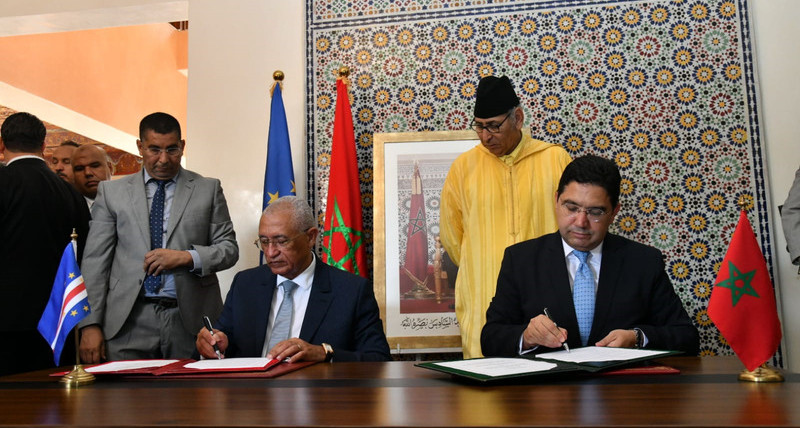
As part of Morocco’s economic vision and major transformations in the logistics sector, the Dakhla Desert Port project, scheduled for completion in 2028, represents a significant step in the future of commercial exchanges between Morocco and Africa. This vast project, which is part of the development of Moroccan port infrastructure, is part of an ambitious strategy to strengthen commercial ties between the European and African continents.
Dakhla Desert Port: A Qualitative Leap in Maritime Connectivity with Africa
The Dakhla Desert Port is expected to bring about a qualitative change in the maritime transport sector, particularly in goods and heavy freight transport between Europe and Africa. Once completed, this port will facilitate maritime transportation of goods directly from Morocco to ports in Senegal, offering a faster, safer, and more cost-effective waterway connection compared to traditional land transport. It is anticipated that the cost of container transportation by sea will range from 1,500 to 2,000 dirhams, significantly lower than the current cost of about 15,000 dirhams for land transport.
This shift in transportation mode allows Morocco to offer distinguished and more efficient logistics services, making it a focal point for European and African businesses. The project also provides additional economic and commercial incentives for Morocco and contributes to the development of the southern part of the Kingdom, strengthening its position as a logistical bridge between the two continents.
Impact on Mauritania and the Role of Transit
On the other hand, the project raises questions about its potential impact on Mauritania, which has always served as a link between Morocco and Africa via land routes. Mauritanian observers highlight that the Dakhla Desert Port could remove Mauritania from the circle of « transit countries » to Africa, potentially limiting its vital role in transporting goods between the north and south.
The maritime transport of trucks from Morocco to Senegal will have direct economic impacts on Mauritania, which heavily relies on transit fees for trucks passing through its territory. Furthermore, the development of the Dakhla Port will create new opportunities for Morocco to strengthen its position as a major logistics hub in the West African region, radically changing the commercial transport landscape in the area.
Economic and Development Implications of the Project
In the long term, this project will bring significant economic benefits to Morocco, whether by reducing logistics costs or enhancing the capacity of Moroccan ports to accommodate more containers and commercial shipments. It will also contribute to improving the business environment in the region by offering job opportunities in the maritime transport and port sectors, as well as strengthening private sector investments in infrastructure.
Moreover, the port represents a strategic step in Morocco’s vision to develop economic relations with African countries, particularly through free trade agreements and regional cooperation. This vision also includes improving Morocco’s ability to export its products to African markets, thereby reducing its dependence on European markets.
In light of current data, it appears that the Dakhla Desert Port project offers numerous opportunities and challenges. If implemented as planned, this project will represent a qualitative leap in maritime transport and regional trade, reinforcing Morocco’s position as a major logistics hub in Africa. However, continuous monitoring of the economic impacts on neighboring countries, particularly Mauritania, will remain crucial to avoid any negative repercussions that could arise from this major change in the regional transport equation.
Source: Hibapress



